Sugar industry highlights conflicts over trade pacts and land
- New York Times
- 01 October 2013
Activists have called for the exclusion of Cambodian sugar from duty-free treatment in Europe, saying that it triggers corporate land grabs.

Activists have called for the exclusion of Cambodian sugar from duty-free treatment in Europe, saying that it triggers corporate land grabs.

Activists say the Cambodian government’s freewheeling issuance of land concessions has denuded large swaths of forests, robbed rural communities of their livelihoods and vitality, and could undercut the country’s fragile developmen
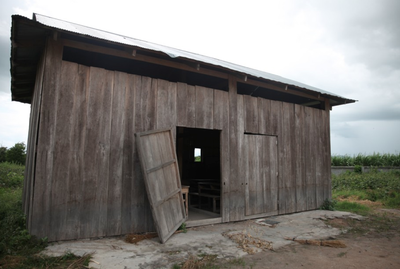
Large-scale agricultural projects in Cambodia as well as in parts Africa have driven small-holder farmers into wage labour out of distress.

Au Cambodge, les compagnies sucrières dépossèdent des milliers d’hommes, de femmes et d’enfants de leurs terres. Demandons à Karel de Gucht, Commissaire européen au commerce, de faire cesser ce scandale !
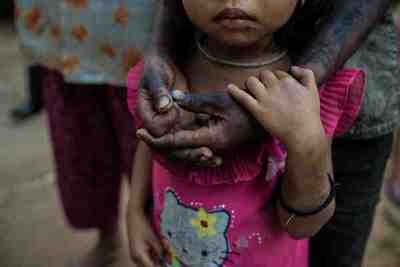
An EU trade initiative intended to reduce poverty in the world’s poorest countries has driven thousands of Cambodian farming families into destitution and led to serious human rights violations, says new report
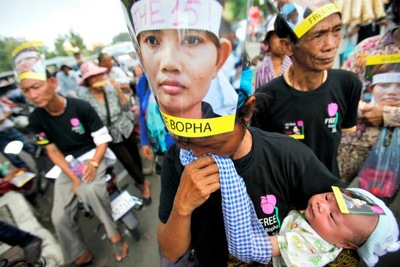
Land grabbing has affected an estimated 400,000 Cambodians since 2003, helping to create a sizable under class of landless villagers with no means for self-sustenance.
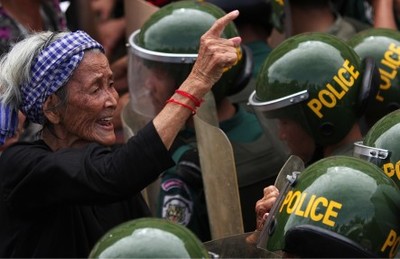
Disputes over land tenure threaten social harmony in a number of ASEAN countries
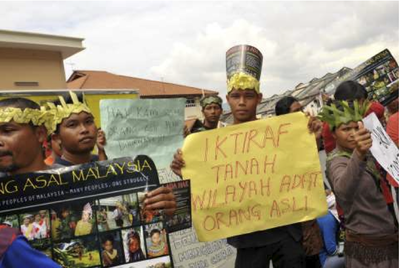
Updates from Indonesia, Thailand, Philippines, Malaysia, Cambodia, Timor-Leste and Burma, by Forest Peoples Programme
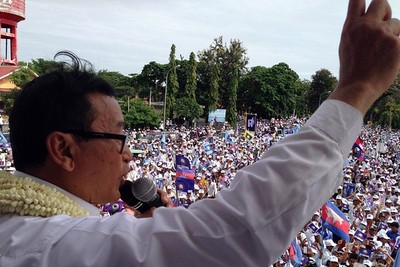
As election nears, government's land policies have become a campaign issue

Yesterday the board of Bonsucro, a responsible sugar initiative, announced its decision to suspend Tate & Lyle Sugars (TLS) over complaints that the UK sugar giant buys from a plantation in Koh Kong, Cambodia, on land stolen from local villagers.
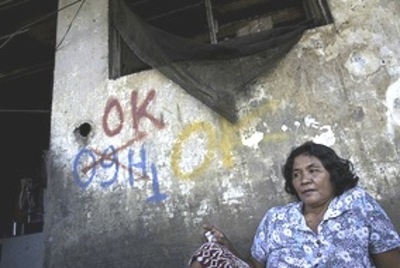
Founder of the Cambodian League for the Promotion and Defense of Human Rights says land grabbing is the worst problem facing Cambodians.
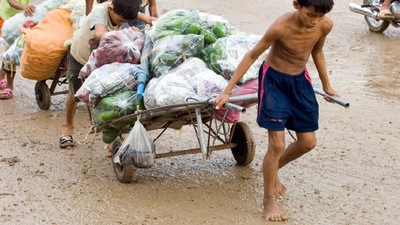
Tate & Lyle, el mayor fabricante mundial de azúcar, se beneficia del trabajo casi gratuito de niños camboyanos y de la expropiación de tierras a través de su proveedora local, la tailandesa KSL.